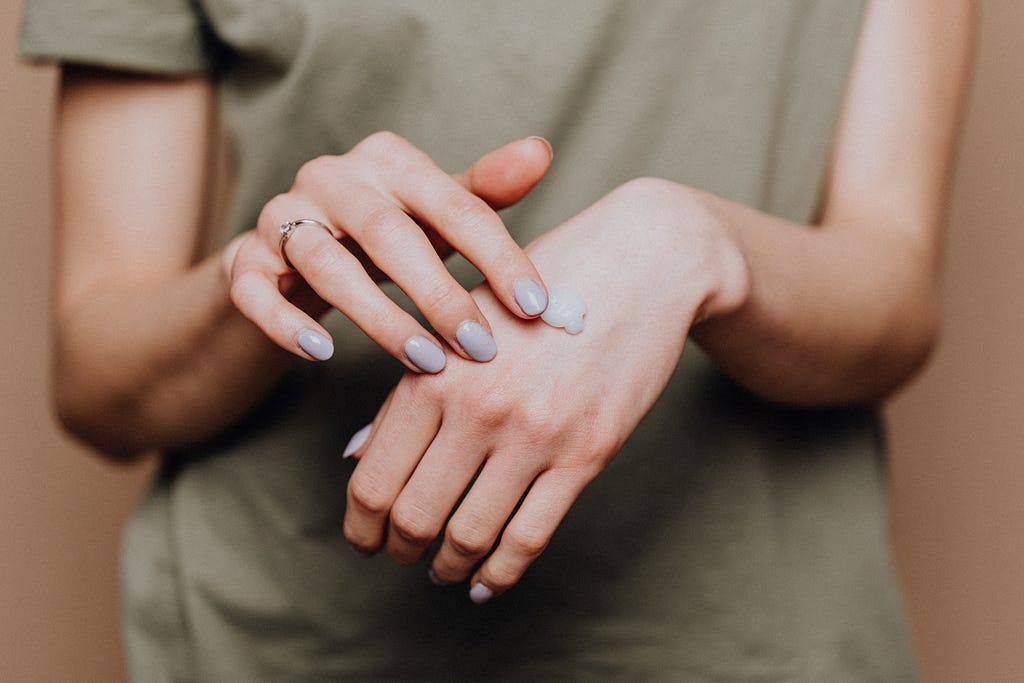
Hydration, hydration, hydration. This is something we hear a lot when it comes to skincare. An ingredient that is often associated with hydration is Hyaluronic Acid. So what is Hyaluronic Acid and why is it such a key ingredient for hydration? Let’s discuss!
What is Hyaluronic Acid?
Hyaluronic Acid, also known as Hyaluronate or Hyaluronan, is a glycosaminoglycan (a chain of molecules with two kinds of sugars) found throughout the human body. It was first discovered in 1880 and described as a “goo” molecule. It was then isolated in 1934 and given the name Hyaluronic Acid. Nowadays, it’s used for hydration, anti-aging, and much more!
Did you know: the average 70kg person has roughly 15g of Hyaluronic Acid in their body. Approximately 50% of that is in the skin.
In the human body, Hyaluronan contributes to significant cell creation and movement. It is a substantial component in skin repair, tissue regeneration, and inflammation responses. It also helps repair damage from excessive contact with UVB rays. In a way, Hyaluronic Acid handles the built-in anti-aging superpowers that our body has. In younger skin, it holds Collagen and Elastin fibers together. However, as skin ages and Hyaluronic Acid is lost, this disorganization of Collagen and Elastin may contribute to wrinkles and fine lines.
Historically, Hyaluronic Acid is extracted from rooster combs (the red, fleshy part on top of a rooster’s head). Nowadays, Hyaluronic Acid in cosmetics is commercially made through bacteria fermentation. This process is similar to creating alcohol, except that the finished product is purified Sodium Hyaluronate, a salt form of Hyaluronic Acid. Sodium Hyaluronate is a common form of Hyaluronic Acid added to cosmetics due to its ability to dissolve in water.
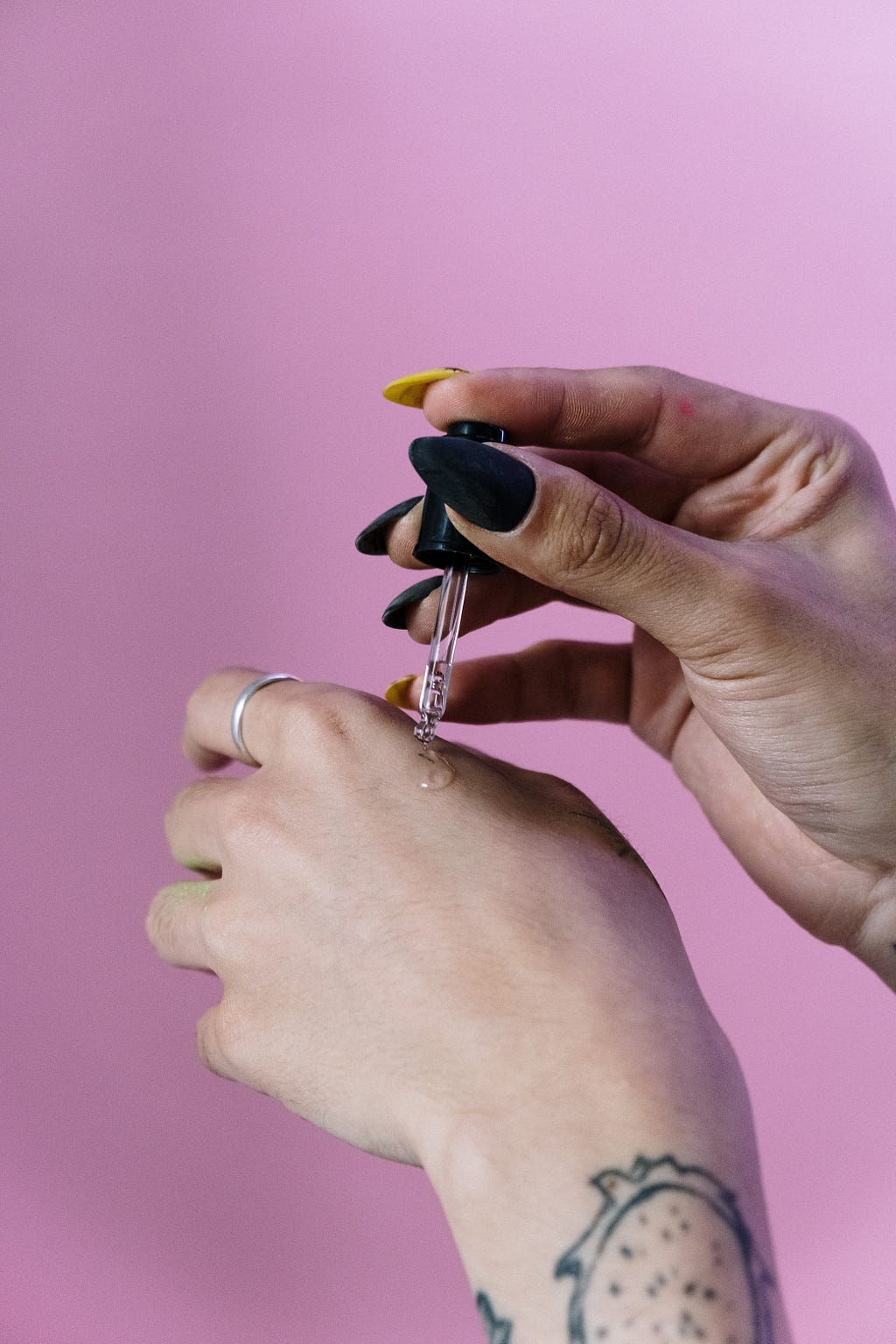
What are the benefits of using Hyaluronic Acid?
In cosmetics, Hyaluronic Acid is mainly used as a humectant and thickener. A humectant is an ingredient that can absorb and keep a lot of moisture. These ingredients are ideal when trying to maintain our skin’s natural moisture. Hyaluronic Acid is a perfect humectant because it can hold up to 1,000 times its weight in water. That means not only does it prevent you from losing your skin’s moisture, but also it can absorb ambient moisture to help replenish drier areas.
Hyaluronic acid is also known for its anti-aging properties and skin rejuvenating components. While results vary from person to person, it has had positive effects on wrinkles, skin elasticity, and skin smoothening. As mentioned earlier, due to its role as a binder for Collagen and Elastin fibers, using Hyaluronic Acid can also help temporarily replenish the loss of natural Hyaluronic Acid. When used in fillers, Hyaluronic Acid helps stimulate Collagen production.
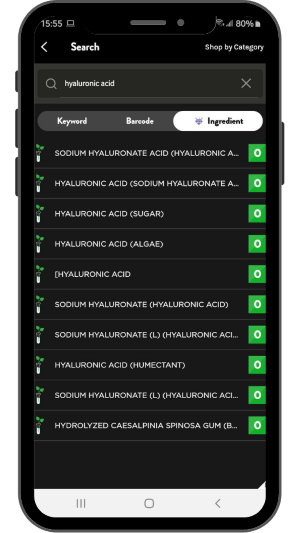
So what’s the verdict?
Since it already exists in our bodies, Hyaluronic Acid rarely poses a threat to ourselves. Hyaluronic Acid (and its salt forms), actually lasts only around 12 hours in the skin before being broken down. We give it a rating of 0 in our system due to the overall safety consensus and benefits.
With it already being present in our bodies, Hyaluronic Acid is a perfect ingredient to incorporate into your routine when rehydrating your skin. When used consistently, it is proven to have great results when it comes to restoring dry and aged skin over time.
Don’t know where to start? Check out these clean rated products to start hydrating your skin:
Instant Smoothing Serum: Tri-Hyaluronan Complex — Grown Alchemist ($95.00)
Peptide Eye Cream — Erin’s Faces ($49.00)
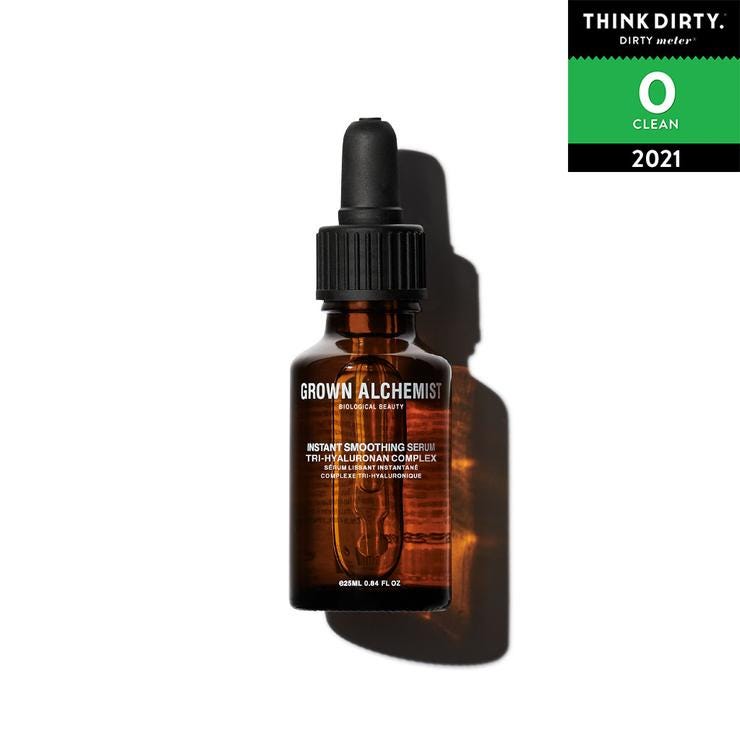
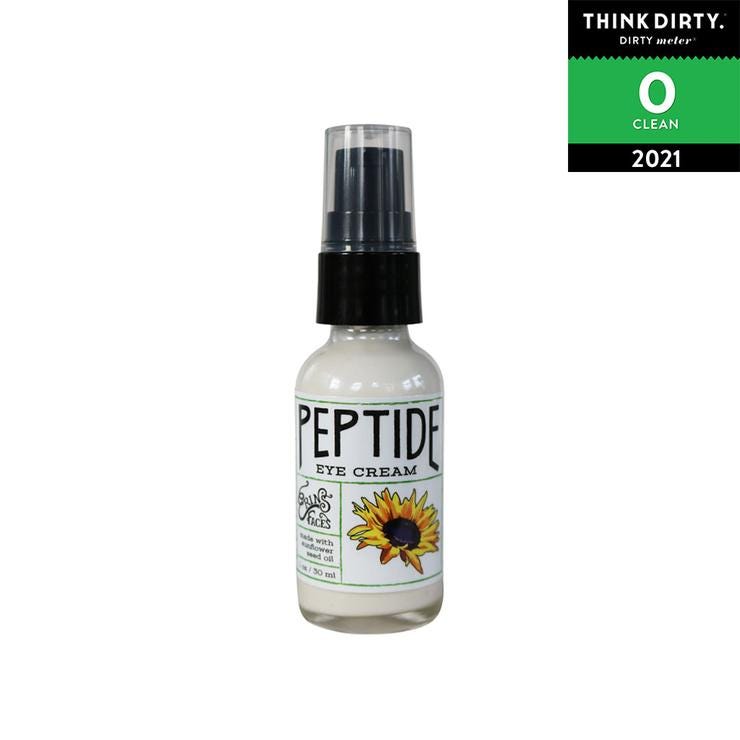
Age-Repair Intensive Moisturizer: White Tea Extract, Phyto-Peptide — Grown Alchemist ($99.00)
Deep Hydration Soothing Cooling Mask — Tropic ($24.57)
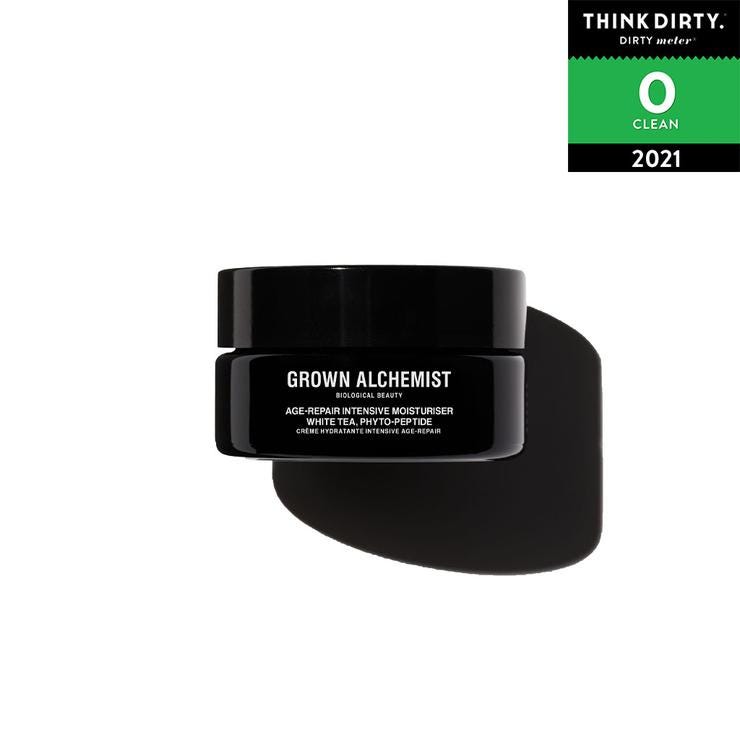
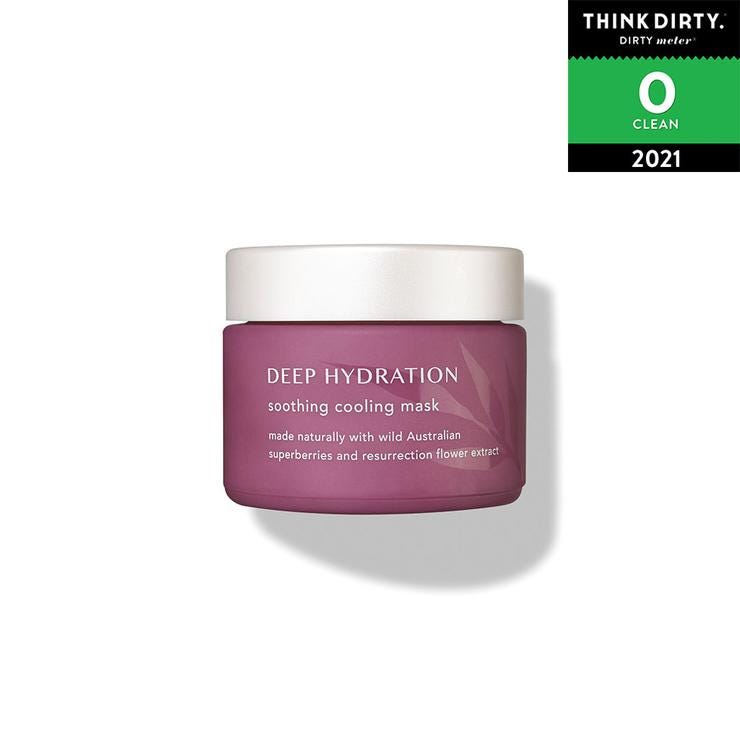
Avocado Daily Mineral Lotion SPF-15 — Yes To ($12.99)
Rainforest Dew Hydration Serum — Tropic ($54.15)
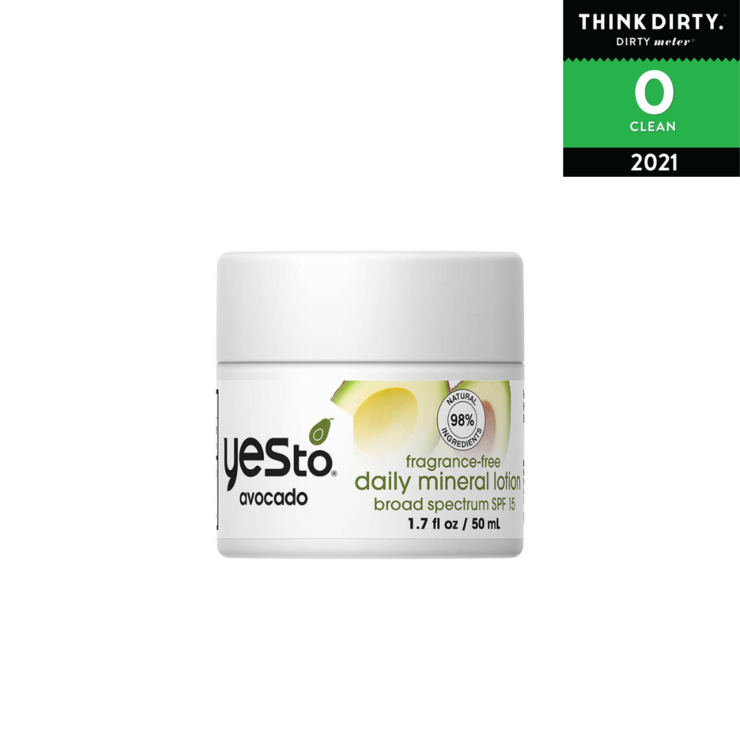
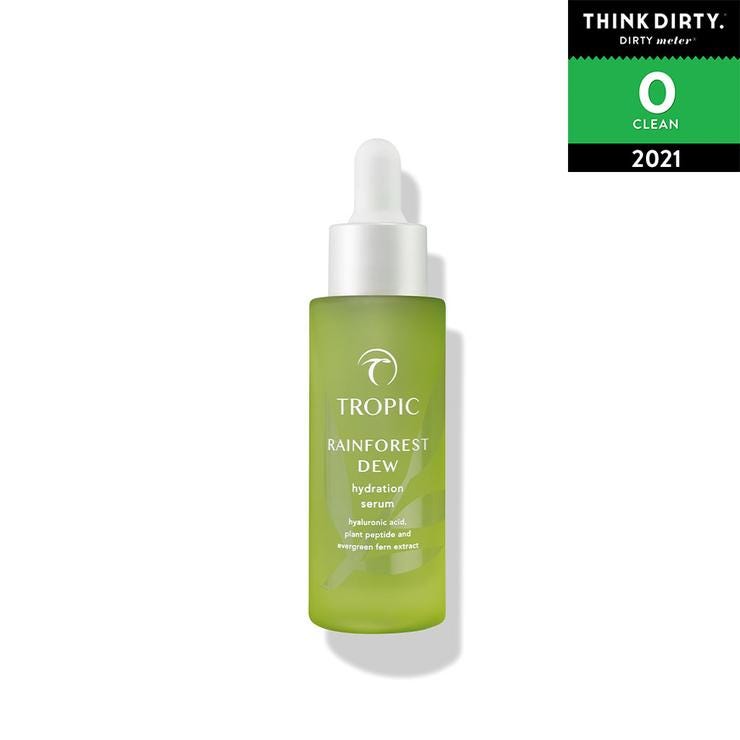
Disclosure: We are a professional review and product rating website and mobile app that receives compensation from the companies whose products we review and rate. We are independently owned and the opinions expressed here are our interpretation of a trusted source.
Ingredient Breakdown: All Things Hyaluronic Acid was originally published in Think Dirty on Medium, where people are continuing the conversation by highlighting and responding to this story.